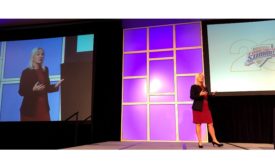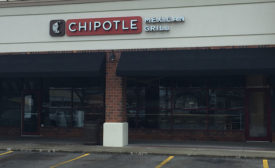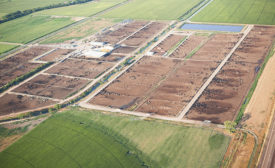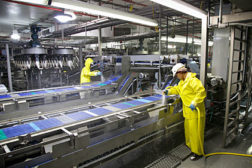Home » Keywords: » food safety practices
Items Tagged with 'food safety practices'
ARTICLES
Amazon Keynote
Amazon VP Careltt Ooton spoke Tuesday morning during the Food Safety Summit keynote about how the company uses Natural Language Processing to scan customer feedback, and constantly monitor for food safety issues.
Read More
Food Safety
Employee hygiene: Bring them back to basics
With employee hygiene a key variable in the creation and spread of contaminants, training programs that educate workers on best practices can reduce food safety threats.
Read More
The Meat Man
Food Safety: From Skimpy to HIMP
Recounting the evolution of food safety in the United States as the industry continues to strive to reach the pinnacle.
Read More
Pre-harvest interventions beef up biosecurity
Pre-harvest interventions run the gamut of biosecurity, antimicrobials and carcass washes.
Read More
Communication keys culture
How West Liberty Foods reinforces its food-safety culture throughout its organization.
Read More
Exclusive Q&A: Foster Farms strives to be food-safety leader
Chicken processor positions itself to be an industry leader in all facets of processing business after a year of food-safety challenges.
October 3, 2014
Get our new eMagazine delivered to your inbox every month.
Stay in the know with The National Provisioner's comprehensive coverage of the meat and poultry processing industry.
SUBSCRIBE TODAY!Copyright ©2024. All Rights Reserved BNP Media.
Design, CMS, Hosting & Web Development :: ePublishing













